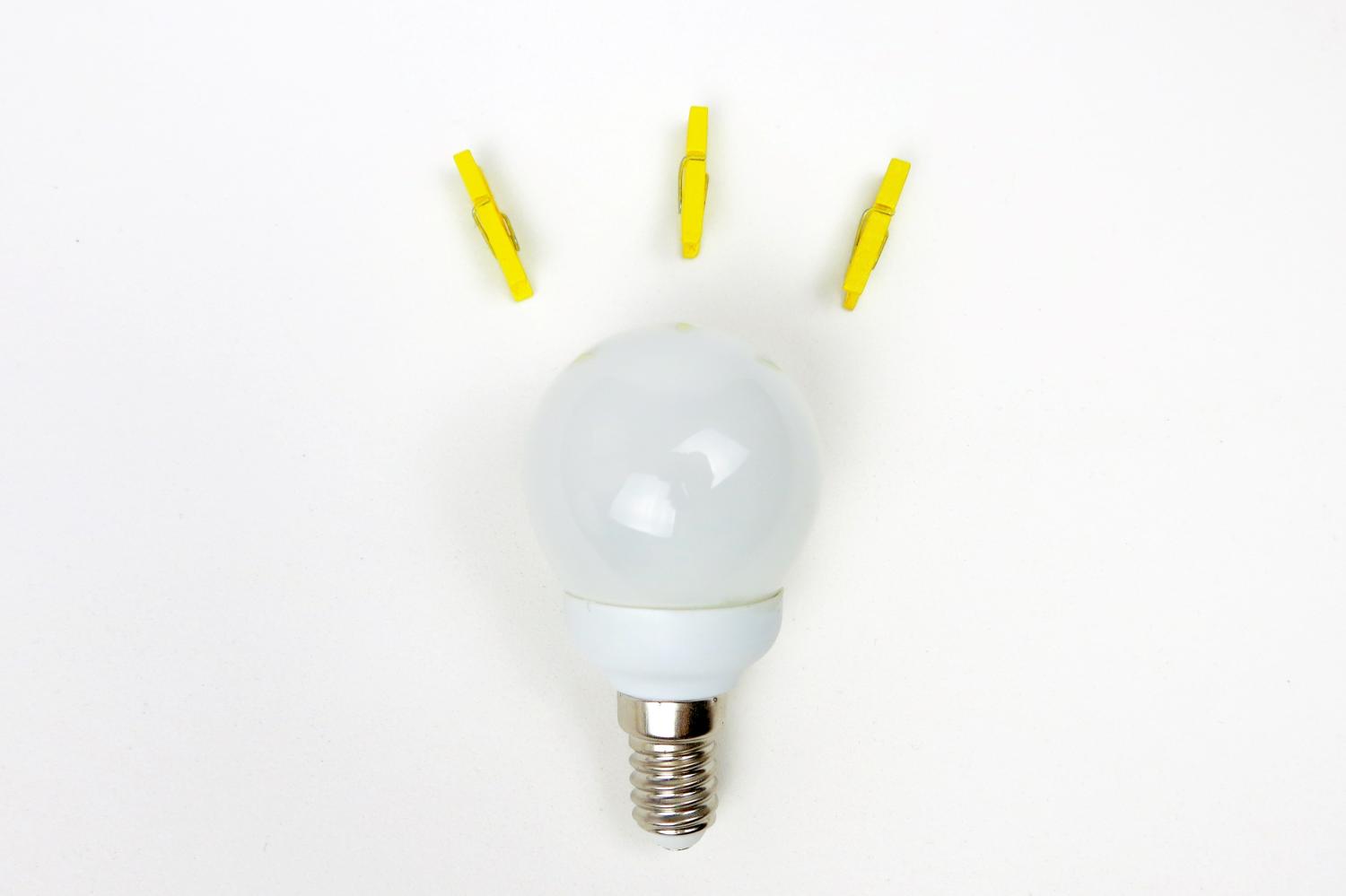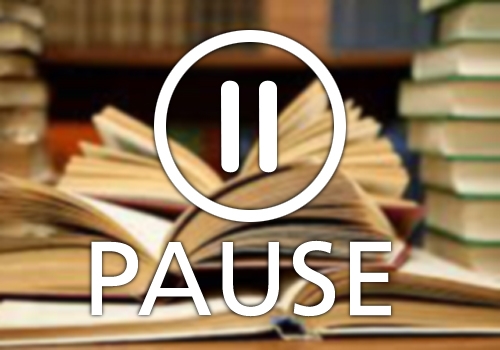
Thinking about thinking and critical thinking in kids
I have been doing some thinking lately. Thinking about my thinking and the thinking of others. I’ve been wondering whether or not any of us ever have an original, fact-based, solid and duly considered thought or opinion. I also wonder about original critical thinking and kids.
Facebook and Google are being challenged because they are censoring out posts by persons with unpopular or opposing perspectives from those the owners prefer. Jordan Peterson was recently uninvited to Cambridge because some students felt he did not reflect their values and views. University professors can commit career suicide these days if they express ideas or opinions which run contrary to the leanings of those who have hired them or the students they might teach. And media is regularly being accused, and often rightly so, of bias in delivery of news and world issues.
Students everywhere learn their lessons from teachers with biases. Those teachers formed their ideas and have credentials earned from educators with their own biases.
All of us have filled the file folders in our brains with knowledge provided by others directly or indirectly upon which we base and formulate our opinions on everything, whether it be the value of capitalism over socialism, the causes of women or Indigenous persons or whether it’s right to forbid balls at recess, in the schoolyards designed for our kids.
Most institutions of higher learning in North America have a leaning to the left, as far as I can tell these days. It was my own experience as a student at university, that of young people I know who have enjoyed the privilege as well. Most of my social network and my professional one in the past, are highly educated people and lean left much of the time as well.
Yet, when push comes to shove and discussions ensue, far too many of them for my liking seem unable to articulate with much aplomb exactly why they hold the viewpoints they do or what the other side of the floor finds compelling in their position. As well, most seem unable to competently defend their own viewpoints and understand the arguments which support them or which could annihilate them in the face of a passionate challenger and propel those ideas into the a pool of dreadful ones such as stoning of gay men, burning of witches and slavery of persons with black skin, where they may not belong at all.
I often come across notions about modern education which must focus on teaching our young people to become critical thinkers and yet I wonder how we think, if indeed we are thinking clearly ourselves, how we can do that by supporting bias in print and media everywhere, bias in hiring practices for our schools and universities, disallowing discussion and presenting which some might find offensive or too liberal or too conservative, denying the voices of those most of us disagree with, or denying top grades to those who can present an opposing position and defend it to the hilt in a well written paper at school, just because it does not lean in the direction the school might prefer?
Do we not understand that the thinking of ourselves and our children runs like the water in the Rideau Canal, from Ottawa to the St. Lawrence River, at Kingston, along the waterway contained completely by the concrete walls that were poured on each side by those who wanted to construct the preventive military measure which was completed in 1832? The water is useful, serves its purpose but its flow is restricted and forced into the mold of the canal, with no option like a mountain stream to break off in smaller tributaries, change direction and run forcefully over a cliff into a lake or wash slowly and calmly through lowlands to eventually enter the sea. Schools are like the canal. They shape, mold and control our thinking and the knowledge base that supports it.
So, I ask myself again. What can we be thinking about thinking and how to develop great thinking in ourselves and our kids? If we treat them like sheep being lead by their shepherds they may become like lemmings and drown following a leader right over a hill into the ocean. While I fear this could happen, I think it may already have for some.
I am thinking about whether that is an original thought though. And I am wondering what you think? It might be a good topic for students to think about too!
If critical thinking is our aim, and competent thinkers the evidence based outcome we seek in schools and universities, perhaps we need to stop making all our children navigate through the Rideau canal to graduate in Kingston. Why not insist they know the up and the down, the inside and outside, the left and the right of every single topic raised in classes, everywhere? Why not give top grades to those who can handle discussion on any assigned topic, both verbally and in writing , with the the ability to deliver the goods to the nth degree in both supporting and attacking the affirmative and the negative of any resolution? Why not teach the art and skills of debate in every setting and provide the students with unbiased resources in their teachers, in their books and periodicals, and in the posts made available through technology?What if we judge them not on who wins the debate but make winners of all of them by increasing the grades for those who suggest points gone unmentioned or ideas or questions to pursue on the topic when following up with more study or research themselves?
When Jordan Peterson met Slovoj Zizek for the duel of the century between two world class intellectuals in April of 2019, the media described it as the ‘ rumble in the realm of the mind.’ It actually did not turn out to be an adversarial boxing match between champion heavyweights, but an outstanding model of how productive political discussion and civil debate can sensibly delineate the issues and all arguments for and against a controversial topic, and bring opponents into a friendly conversation where there no great winners but only great thinkers and great thoughts. How I wish we could see more of this!
Peterson said after the debate I alluded to, "I hope sincerely that we make at least some people think…”
Then Zizek added to that, “Think. Don’t be afraid to think…”
Those are my thoughts about thinking. I have enjoyed thinking about critical thinking in myself, in others and our children in schools. Just wonder about your thinking though, and the thinking of our teachers.
I wonder what you and those teachers think, about what I was thinking, about critical thinking and kids?









